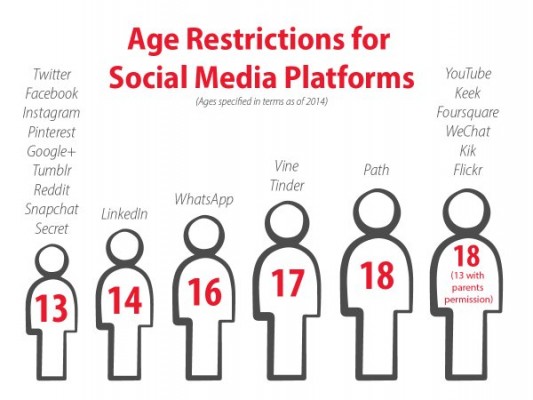
How to keep my children safe!
A Parent's Guide to Safeguarding
At St Francis, we are committed to providing a safe and nurturing environment for all our pupils. As parents, you play a crucial role in safeguarding your child's well-being. Here are some key aspects of safeguarding that you should be aware of:
What is Safeguarding?
Safeguarding is the action taken to promote the welfare of children and protect them from harm. This includes:
- Protecting children from abuse and maltreatment
- Preventing harm to children's health or development
- Ensuring children grow up with the provision of safe and effective care
- Taking action to enable all children and young people to have the best outcomes
Safeguarding at St Francis
St Francis has a comprehensive Safeguarding Policy in place to ensure that all children are protected from harm. This policy outlines our procedures for identifying, assessing, and responding to concerns about a child's welfare.
How You Can Help
- Open Communication: Maintain open lines of communication with your child. Encourage them to talk to you about any concerns or worries they may have.
- Be Aware of the Signs: Be aware of the signs of abuse or neglect, and don't hesitate to report any concerns to the school or relevant authorities.
- Support School Initiatives: Participate in school-based safeguarding activities and workshops to learn more about how to protect your child.
- Monitor Online Activity: Keep an eye on your child's online activity and discuss the importance of safe internet use.

Enter text...

Keeping Your Children Safe Online!
At St Francis school, we are committed to creating a safe and positive learning environment for all our pupils, both in school and online. E-safety is a vital part of our curriculum, and we work closely with children to develop their digital literacy skills and understanding of how to stay safe online.
Our Approach to E-Safety:
- Curriculum Integration: E-safety principles are woven throughout our curriculum, from exploring responsible online behaviour in early years to navigating social media challenges in KS2.
- Interactive Activities: We use interactive activities, games and resources to make learning about e-safety engaging and accessible for all ages.
- Open Communication: We encourage open communication between staff, pupils and parents to ensure everyone feels comfortable reporting any concerns.
Our Commitment to You:
- Designated Safeguarding Lead: We have a Designated Safeguarding Lead, Dr Daniel Doyle, who is responsible for overseeing e-safety within the school and can be contacted at head@stfrancispri.org
- Regular Updates: We regularly review and update our e-safety policy and procedures to reflect the latest online trends and threats.
- Parental Partnership: We believe parental involvement is crucial for keeping children safe online. We provide regular workshops and information via the newsletter to support and educate parents on e-safety issues.
Resources for Parents and Carers:
- UK Safer Internet Centre: https://saferinternet.org.uk/ provides a wealth of information and resources for parents on a variety of e-safety topics.
- CEOP (Child Exploitation and Online Protection Centre): https://www.ceop.police.uk/ceop-reporting/ is a specialist police unit dedicated to tackling child sexual abuse online. You can report any concerns about a child's online safety directly to CEOP.
- Thinkuknow: https://www.ceopeducation.co.uk/ is a website by CEOP with resources specifically tailored to different age groups, including primary school children.
- Net Aware: https://saferinternet.org.uk/resource/o2-nspcc-net-aware is a service by the NSPCC that helps parents understand the social media platforms and apps their children are using.
What You Can Do:
- Talk to Your Child: Regularly discuss online safety with your child. Encourage open communication so they feel comfortable talking to you about any concerns they might have.
- Set Ground Rules: Establish clear rules and boundaries for internet usage at home, including time limits and appropriate content.
- Stay Informed: Keep yourself up-to-date on the latest trends and risks associated with online platforms and apps.
- Report Concerns: If you have any concerns about your child's online safety, don't hesitate to contact the school's Designated Safeguarding Lead or the relevant authorities.
Working Together:
By working together, we can create a safe and enjoyable online experience for all our pupils. We encourage you to actively engage with your child's online activities and use the available resources to support them in developing a healthy and responsible approach to technology.
SOCIAL MEDIA
We would also like to draw you attention to the legal age limits for the following social network sites. As you are aware, children of primary age should NOt be accessing any of these platforms.

If we experience concerns around a child’s use of any of these sites we may decide to report this to the provider and ask for the account to be closed down or, in serious cases, refer situations to the police.
